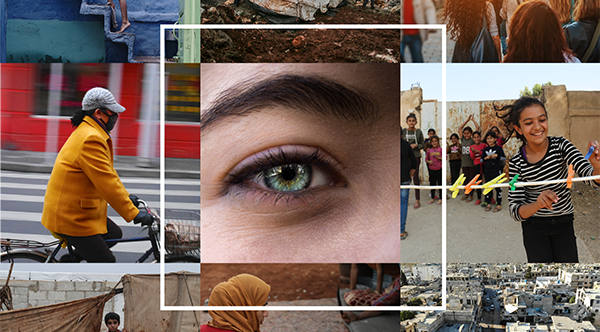Day: July 14, 2020
-

An update from Mami Mizutori, UN Secretary-General’s Special Representative for Disaster Risk Reduction — 13 July 2020
In the newsletter circulated by United Nations Office for Disaster Risk Reduction (UNDRR), UN Secretary-General’s Special Representative for Disaster Risk Reduction Mami Mizutori writes about the lessons brought about by the COVID crisis: with good governance being at the heart of disaster resilience and the need for better recovery strategies that are climate-conscious and environmentally sustainable. I…